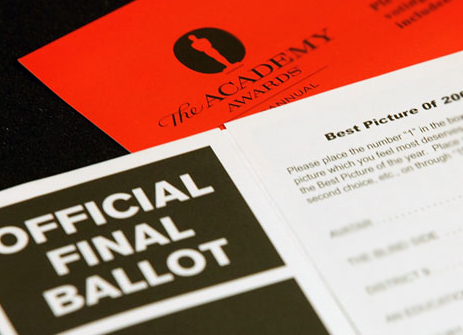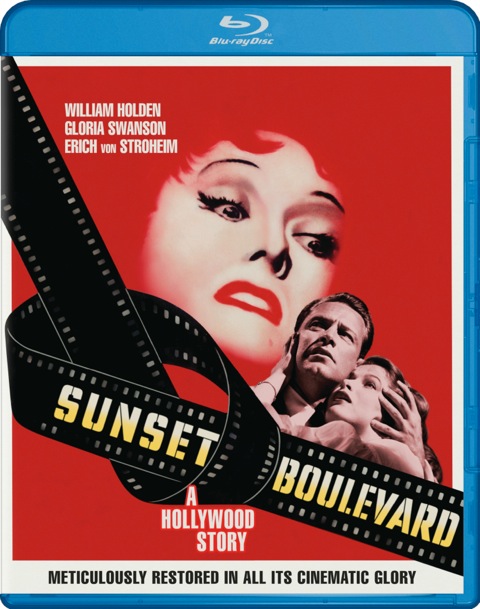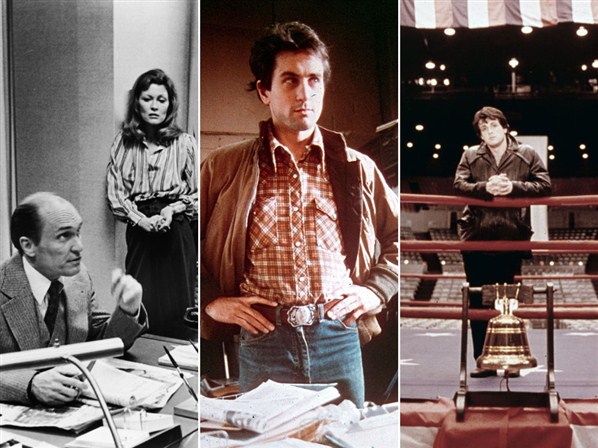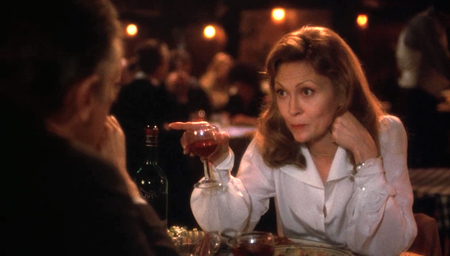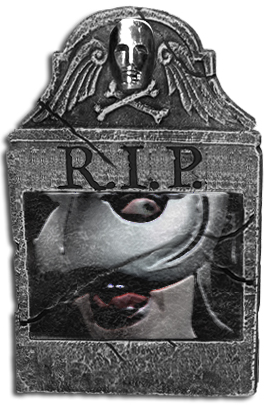Our Kind of Voting Pt. 2
 Tuesday, November 6, 2012 at 6:32PM
Tuesday, November 6, 2012 at 6:32PM  image shamelessly grabbed from My New Plaid PantsI'm feeling anxious today -- everyone around me is too.
image shamelessly grabbed from My New Plaid PantsI'm feeling anxious today -- everyone around me is too.
We won't know who won the Presidential Election until late tonight but since all I can think of today is voting, we'll continue with our actual favorite kind of voting: Oscar voting.
Or, rather, retroactive hypothetical Oscar voting. See part one if you missed it or enjoy this exercize
So tell me who wins your vote in some of the most famously divisive, contentious, or just plain fabulous categories ever! Explain your choices in the comments.
2003 BEST ACTOR
SEAN PENN (Mystic River) vs. BILL MURRAY (Lost in Translation) vs. JOHNNY DEPP (Pirates of the Caribbean) vs JUDE LAW (Cold Mountain) vs BEN KINGSLEY (House of Sand and Fog)
1974 BEST ACTRESS
ELLEN BURSTYN (Alice Doesn’t…) vs. DIAHAN CARROLL (Claudine) vs. FAYE DUNAWAY (Chinatown) vs. VALERIE PERRINE (Lenny) vs. GENA ROWLANDS (A Woman Under the Influence)
1939 BEST PICTURE
GONE WITH THE WIND vs DARK VICTORY vs GOODBYE MR CHIPS vs LOVE AFFAIR vs MR SMITH GOES TO WASHINGTON vs NINOTCHKA vs OF MICE AND MEN vs STAGECOACH vs THE WIZARD OF OZ vs WUTHERING HEIGHTS
2007 BEST SUPPORTING ACTRESS
CATE BLANCHETT (I’m Not There) vs. AMY RYAN (Gone Baby Gone) vs. SAOIRSE RONAN (Atonement) vs. RUBY DEE (American Gangster) vs TILDA SWINTON (Michael Clayton)
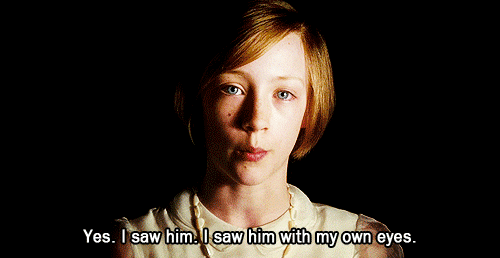
Ready? Set. Go!



